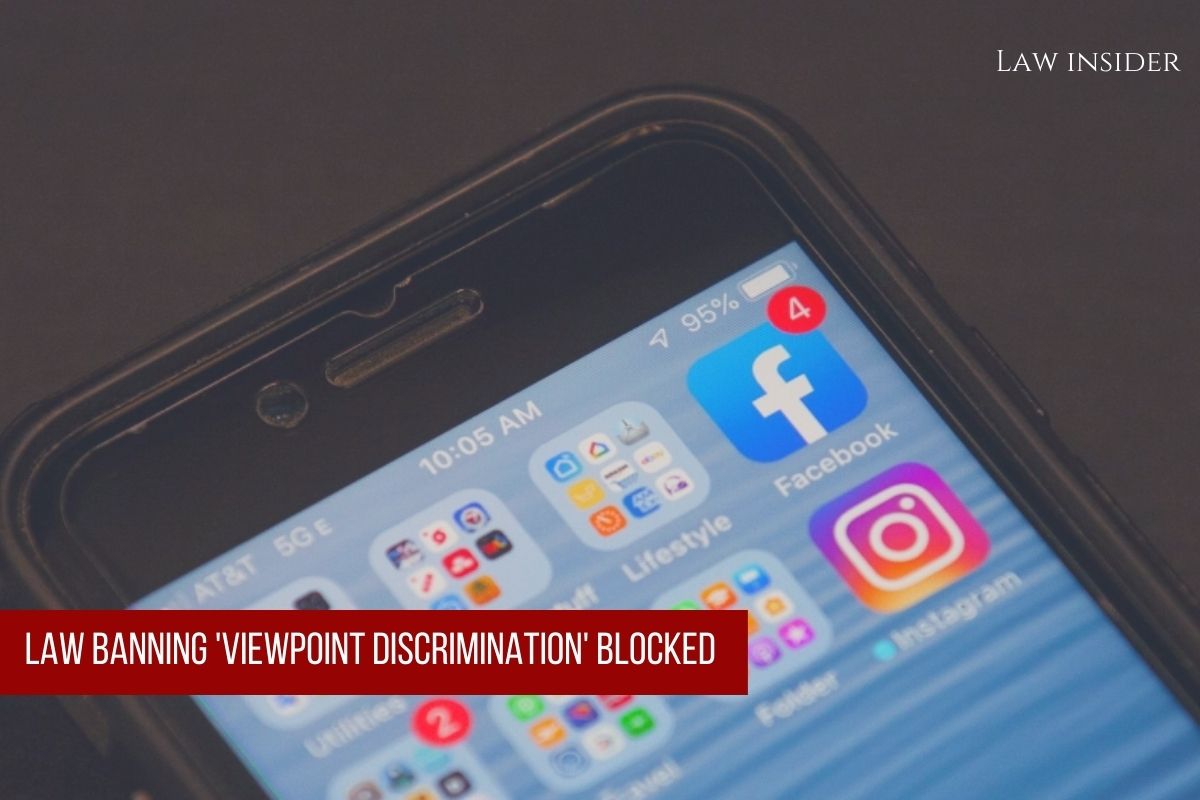Anushka Sharma-
Published on: December 2, 2021 at 22:04 IST
A Federal Judge has blocked a Texas law that attempted to limit the authority of giant social media platforms to filter content on the basis that it is likely to violate the First Amendment. An injunction was granted by a federal district court in Austin on Wednesday night, putting the HB 20 statute on hold until the matter is resolved. The said injunction was filed by NetChoice and the CCIA
“HB 20’s prohibitions on ‘censorship’ and constraints on how social media platforms disseminate content violate the First Amendment,” wrote Judge Robert Pitman in his conclusion. “Content moderation and curation will benefit users and the public by reducing harmful content and providing a safe, useful service,” Pitman explained.
“Social media platforms have a First Amendment right to moderate content disseminated on their platforms,” the order reads, citing three separate Supreme Court decisions affirming the principle. “Private companies that use editorial judgment to choose whether to publish content — and, if they do publish content, use editorial judgment to choose what they want to publish — cannot be compelled by the government to publish other content.”
The Texas social media law prohibits web services with more than 50 million monthly active users from eliminating or restricting content based on the user’s “viewpoint,” among other rules geared at deterring moderation of controversial posts while also demanding faster removal of unlawful content. It aims to combat what Texas politicians have described as unjustly liberal-leaning moderation on social media sites such as Facebook and Twitter.
But crucially, the Court found that this alleged viewpoint discrimination can be cast as editorial discretion, which is protected by the First Amendment. “Without editorial discretion,” the order reads, “social media platforms could not skew their platforms ideologically, as the state accuses of them of doing.”
Judge Pitman was also against rules requiring full moderation reports to be published. The law’s disclosure requirements are “excessively burdensome,” according to the Court, “considering the unfathomably vast volume of posts on these sites and apps.”
It also implies that the rule was designed expressly and unconstitutionally to target anti-conservative websites, pointing to a failed amendment that would have decreased the user requirement to cover conservative-friendly sites like Parler and Gab. “The record in this instance suggests that the legislature meant to target significant social media platforms that are seen to be prejudiced against conservative viewpoints.”
A similar Florida social media law was previously challenged by NetChoice and the CCIA. In June, a Judge issued a blistering rebuke to the rule, preventing it from going into effect.

